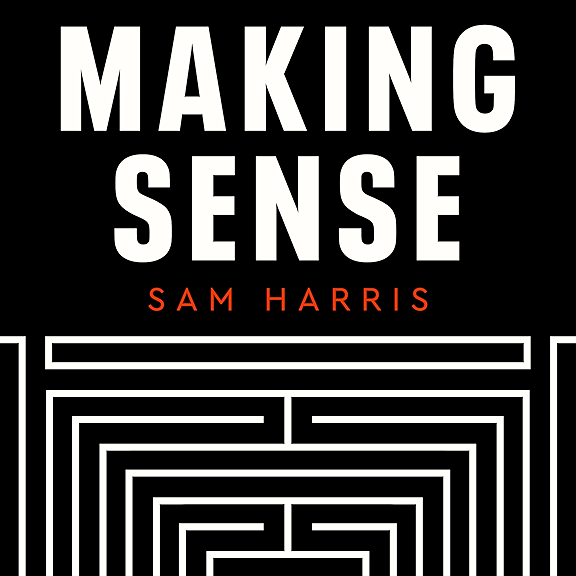
7 Top Tips to Make the Most of Your Flow Cytometry Training
#99 — So you’ve got your flow cytometry training booked and are one step closer to that precious data.
But if you want to hit the ground running and get some useful data from your samples, there are some little things you'll need to do.
These include reading up on a bit of background theory, understanding the capabilities of different types of cytometers, and thinking about what you want to learn from your experiment.
In this episode of Mentors At Your Benchside, we've compiled cytometry training advice from a core facility manager to help you get the most out of your training sessions and early experiments. [1]
While you are here, why not learn about the components inside cytometers and what they do? [2] Plus, take a step towards fully understanding your data and explore the difference between forward scatter, side scatter, and their corresponding plots. [3]
Resources:
1. Seven Top Tips to Make the Most of Your Flow Cytometry Training. Available at: https://bitesizebio.com/75182/flow-cytometry-training/
2. Demystifying the Flow Cytometry Optics System: A Peek Under the Hood. Available at: https://bitesizebio.com/31638/flow-cytometry-optics-system/
3. Basic Parameters Measured by a Flow Cytometer: What is Scattered Light and Absolute Fluorescence? Available at: https://bitesizebio.com/25310/basic-parameters-measured-by-a-flow-cytometer-what-is-scattered-light-and-absolute-fluorescence/




















